French Peruvian psychoanalyst German Arce Ross was born in 1957, in Lima, into a family of diverse origins: British mother and Peruvian father with Basque origins.
He began his studies in psychology in 1974 at the age of just 16-17 years at the University of Ricardo Palma (Lima). It was also at the age of 16 he published his first article (a point of view on religious belief in the newspaper La Prensa of Lima). However, as the project was at that time going to study abroad – especially to escape the military-socialist dictatorship in power in Peru for many years – he continued and finished his studies at the Institute of Psychology of the University of Sao Paulo, Brazil, where he stayed for eight years. It also fits for two years at the Faculty of Philosophy at the same university.
From an early age, focusing to literature (poetry and novel), he participated twice in the International Art Festival of Ouro Preto (Brazil) and makes many trips to several countries in Latin America for to soak up the social and cultural reality of the continent. He thus travels Chile, Bolivia, Brazil, Paraguay, Argentina and the Dominican Republic a year. Through these trips, he decided to engage in the student political movement against the military dictatorship in Brazil and for the return to freedom of expression.
After his psychology studies in 1980, he decided to travel again, for over a year, and this time in some European countries. He stays outside Spain, England, Belgium, Switzerland and France, where he settled in 1983 for his personal analysis and writing his first doctorate (in psychoanalysis). Subsequently, he wrote a second PhD (Psychology) and, faced with the problem of equivalence between international diplomas, is obliged to repeat part of his clinical psychology and psychopathology studies at university in France. This long and dense academic background will enable him to lead seminars in psychoanalysis section of the International College of Philosophy, but also to develop his research at weekly classes in the Department of Psychoanalysis at the University of Paris for 11 years. He also directs the Clinical Conferences of the same Department of Psychoanalysis (Paris VIII) for two years. He then taught psychopathology in Clinical Psychology Laboratory of the University of Rennes II and semiotics at the Laboratory of psychoanalytic psychopathology at the University of Paris Ouest-Nanterre.
Long driven by the desire to make a contribution to the psychogenesis of psychoses, German Arce Ross participates, upon his arrival in Paris, to the work of the Ecole de la Cause freudienne and became a regular participant of Jacques-Alain Miller’s DEA weekly seminar for years. Moreover, having met Félix Guattari some time ago in Brazil, German Arce Ross is also invited to attend his seminars of “schizoanalysis”, rue de Condé, in Paris. During these years, German Arce Ross is required to travel regularly to Milan and the opportunity to participate in the work of the former Centro Studi di Psicoanalisi, whose director is then Dr. Carlo Vigano. He is led to make some conferences in Italy. His first thesis on Pathological Structures of Love in Psychosis, was directed by Gérard Wajeman and sustained in 1989. The second thesis on Melancholy, begins under the direction of Alain Badiou and ends under that of François Sauvagnat. Its theme is the Triggering Factors of Manic-Depressive Psychosis and is supported in 1999.
After a long personal analysis and a review of its clinical practice, German Arce Ross presents the procedure of the “pass” in 1997. He became a Practitioner Analyst member (PA) of the Ecole de la Cause freudienne and a member of the World Association of Psychoanalysis, which prevents any way to keep the spirit of a free thinker. German Arce Ross is also a member of the Évolution Psychiatrique Association and the Médico-Psychologique Society, the oldest and most prestigious of the psychiatric societies.
His goal being to build a new and original theory concerning psychosis it is during his research that German Arce Ross is brought to collaborate with several psychiatric services. Initially, the service of Dr. Roland Broca hosts him for nearly four years experience at CHS de Prémontré in Aisne, particularly in the pavilion of chronic psychiatric patients. The monitoring of these patients is completed by the patients presentations using video. Then, it was the turn of Dr. Françoise Josselin, head of the XV service CHS Paul Guiraud, Villejuif, the host to monitor patient profiles MDP and the like, for almost two years. Finally, Dr Philippe Nuss receives him in the hospital’s Psychiatry Service Saint Antoine (Paris) with the purpose that German Arce Ross sets up a psychoanalytic consultation with patients with major depression, melancholy, anxiety, anguish of death and twilight states, while exchanging with him thoroughly on every difficult situation.
Through these experiences, German Arce Ross was able to follow most of its first mentally ill patients who will form the basis of his teaching and his clinical research. It is through this psychiatric practice and academic research in psychopathology he meets Professor Georges Lanteri-Laura, who became his main teacher in psychiatry. Thus, it will offer him to write the preface to his first book just before dying.
All these researches, meetings, experiences and influences allowed him to develop an original theory on a few crucial issues belonging to psychopathology today.
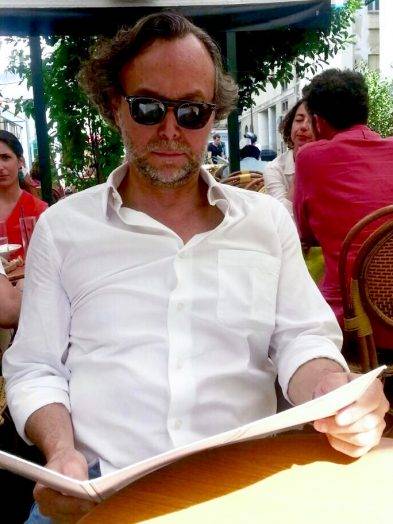
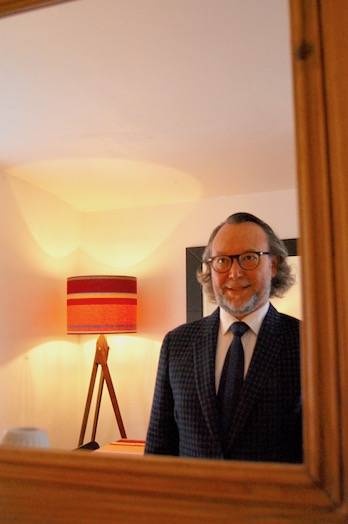
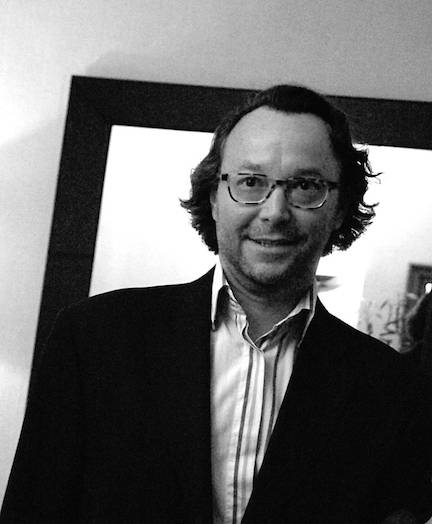
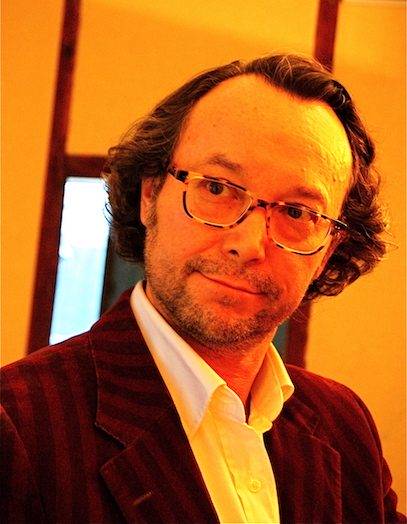
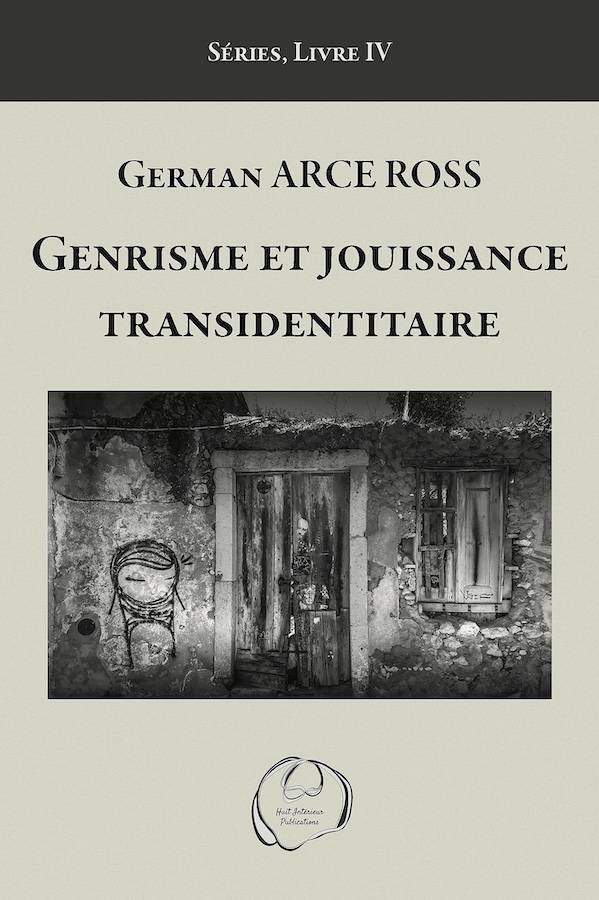
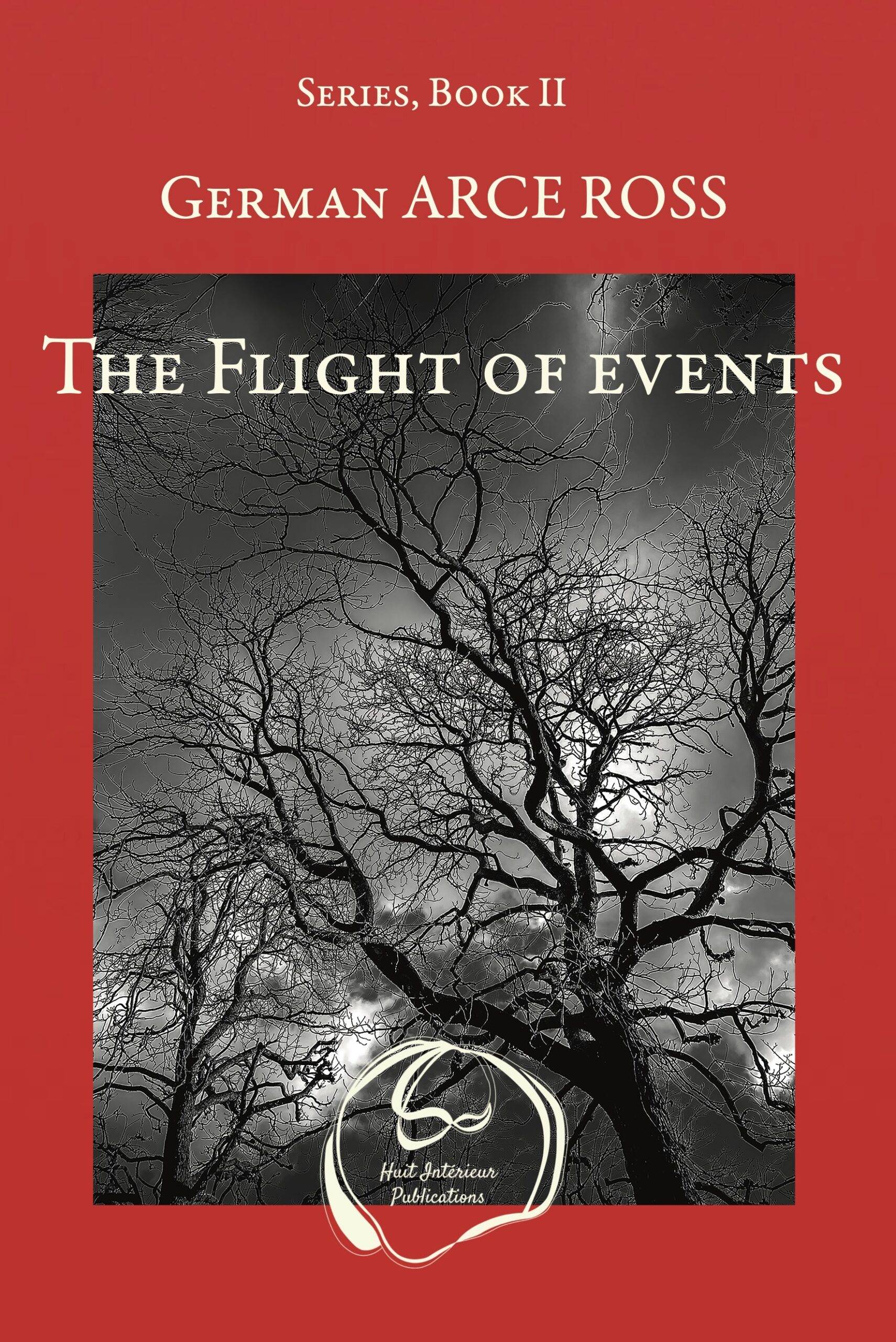
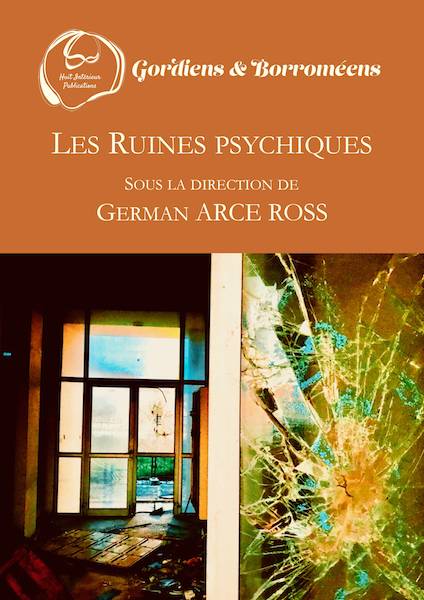
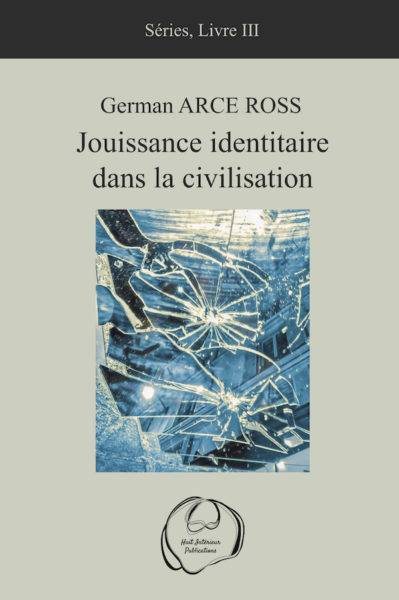
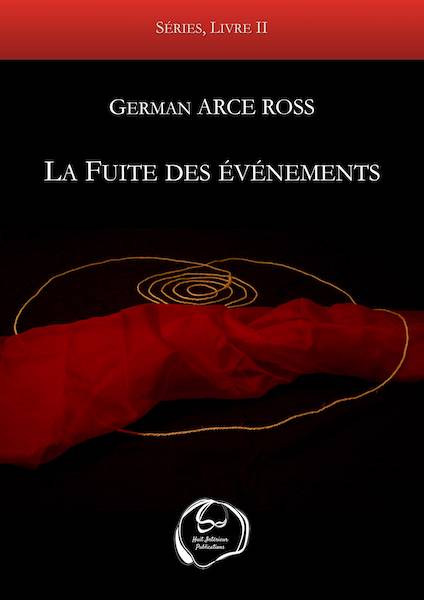
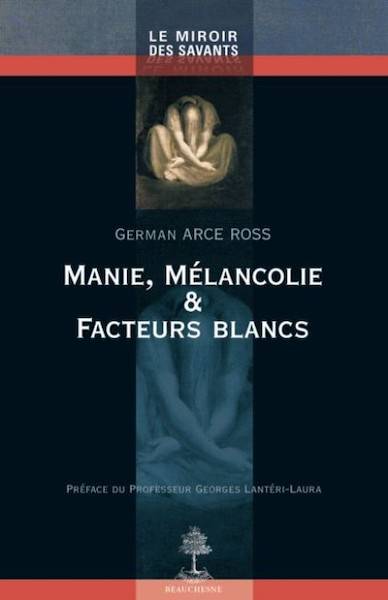
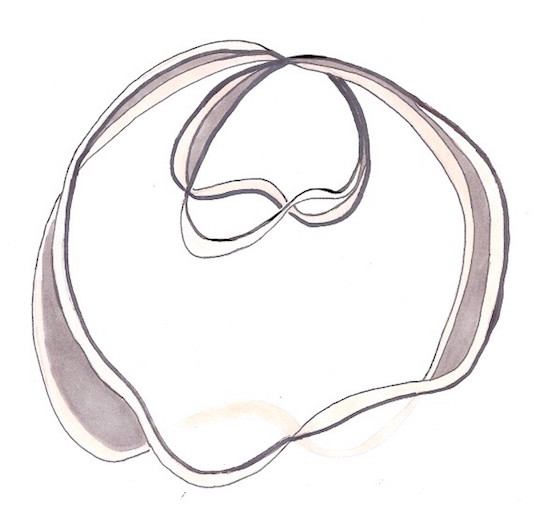

Laisser un commentaire
Vous devez vous connecter pour publier un commentaire.